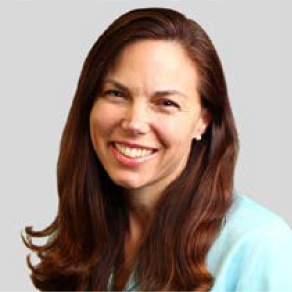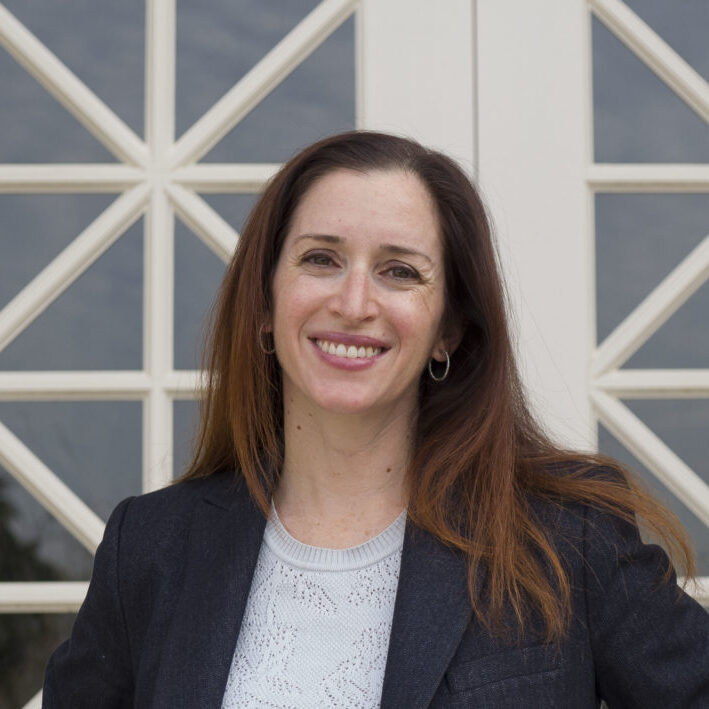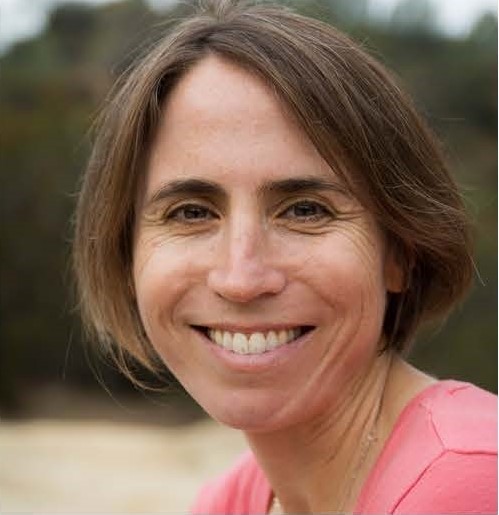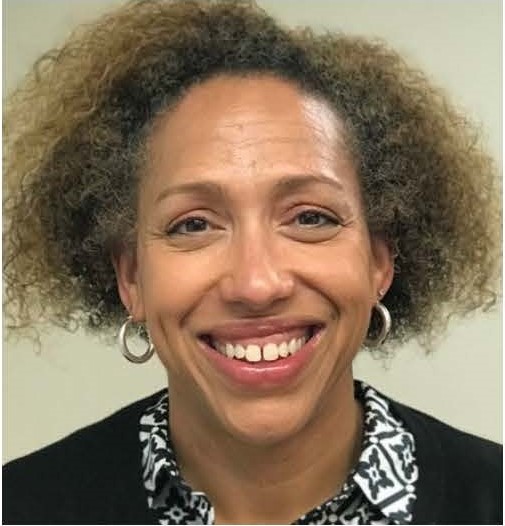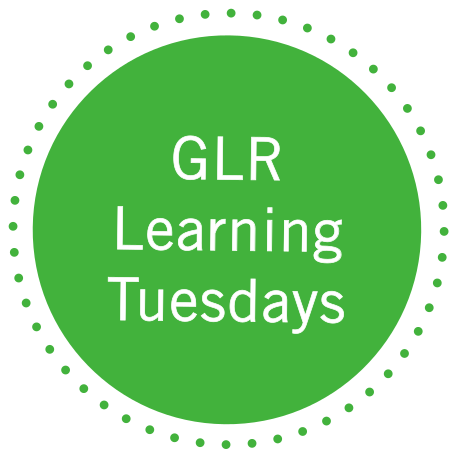
- This event has passed.
Underconnected yet Eager to Learn: Confronting Digital Inequities
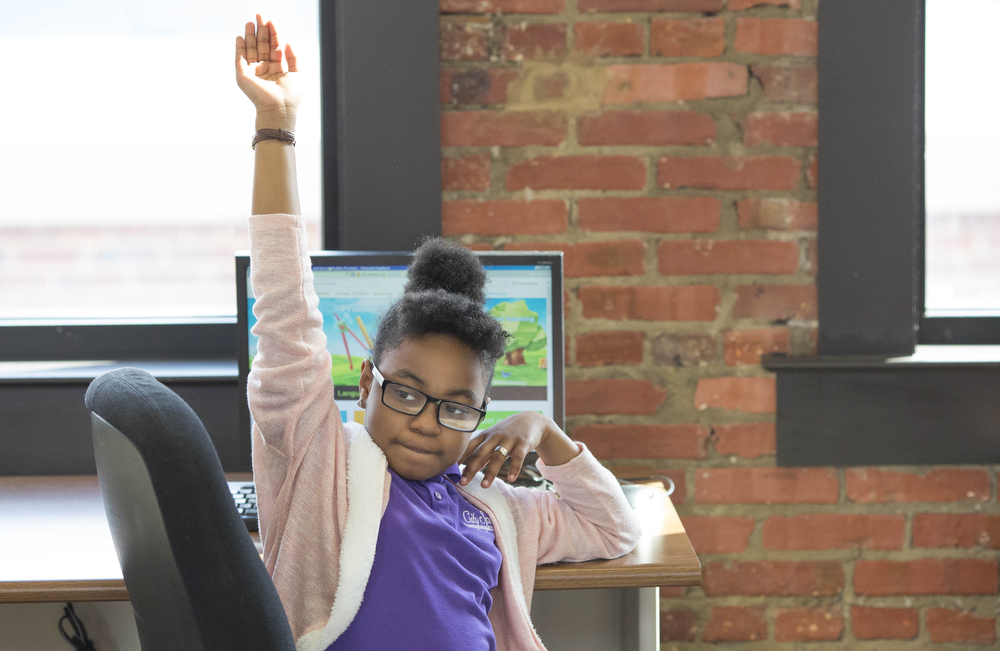
Vikki S. Katz, Ph.D., from Rutgers University delved further into the data around internet access for families and discussed that while families may have access, most are underconnected or have mobile-only access, which significantly limits families’ ability to provide for their families and significantly limits students’ ability to access learning. In a survey study of almost 1,200 low-income parents with K-8 children, while 94% had internet access, only 66% had broadband at home, 23% had mobile access only, 5% had dial-up and 6% had no access at all. For families with mobile access only, they were less likely to use their phones for essential services and information, such as applying for jobs, online banking/paying bills or getting news. Dr. Katz’s presentation emphasized the essential ABCDs to support families with remote learning: Assistance, Broadband, Connectivity and Devices.
Josh Stager of the Open Technology Institute discussed the role of the federal government, highlighting programs such as E-rate and Lifeline and current and proposed legislation, all falling overwhelming short of ensuring that all families have equal access to the digital world.
Tina Hike-Hubbard of Baltimore City Public Schools shared her reflections and efforts the school district has made to help families and students access online learning — including going door-to-door to ensure all families are reached. However, they are being confronted with the reality that, without greater government supports and interventions, many students will have limited access to online learning. Finally, Elizabeth Galicia of Common Sense Media discussed opportunities for communities to work together and advocate for closing the digital divide.
Panel
